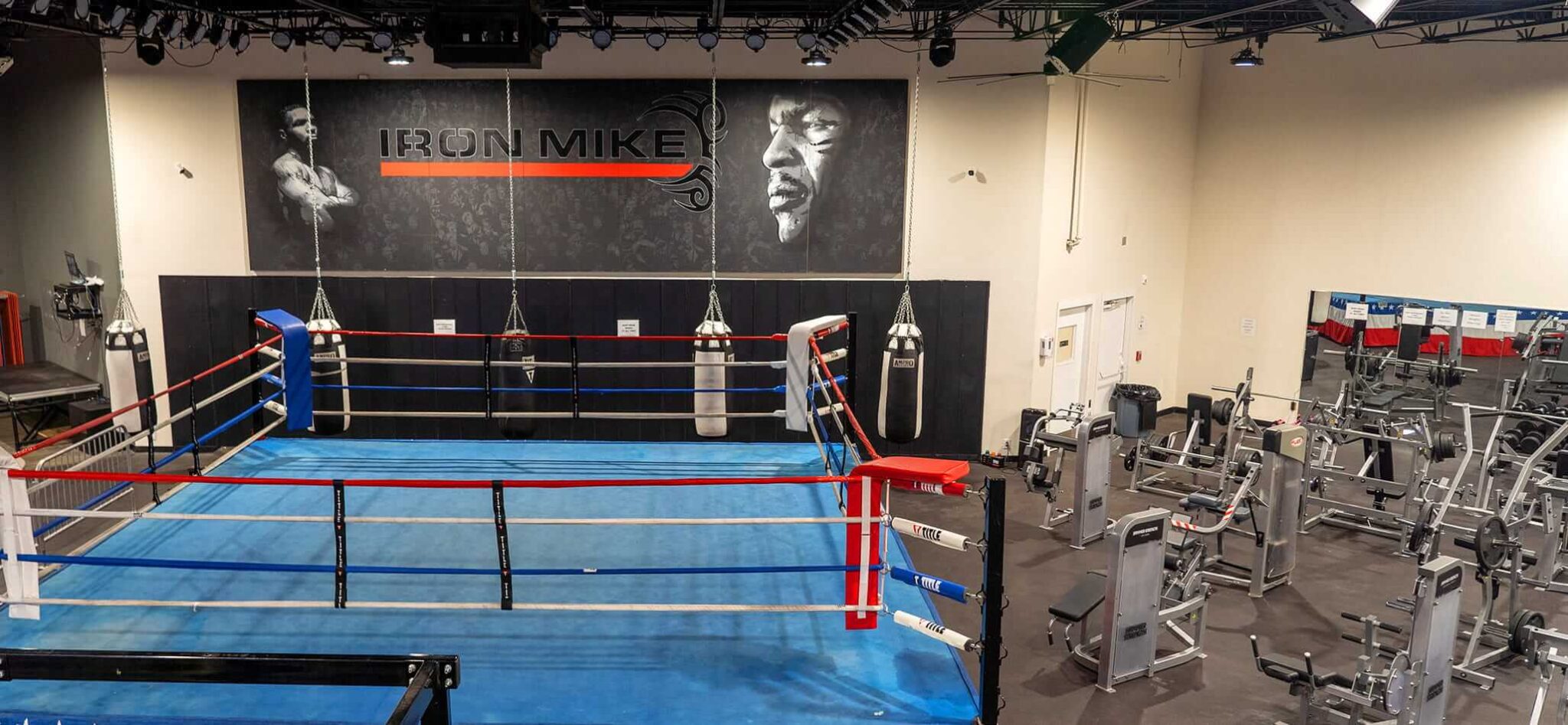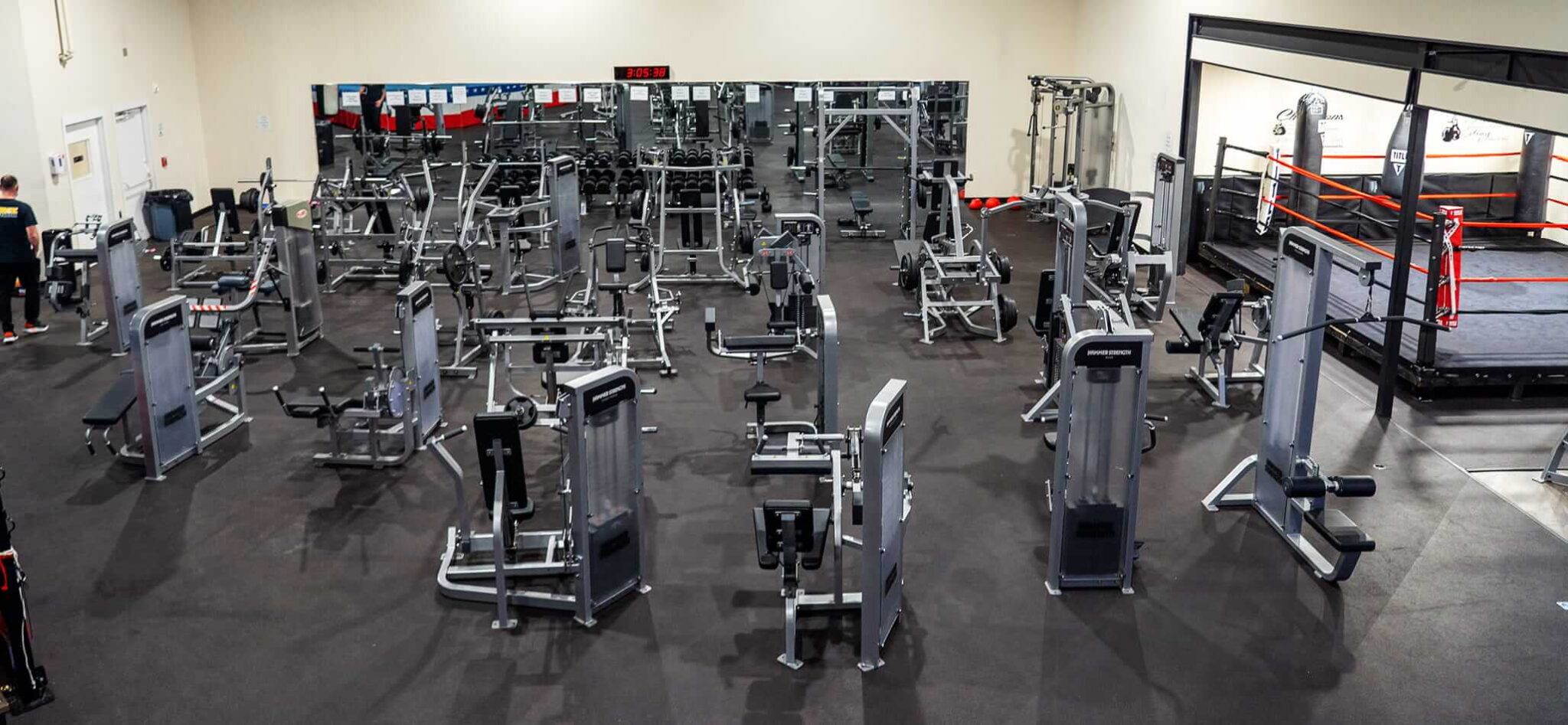7 Athletes That Have Struggled With Mental Health

Athletes and Mental Illness
Being a professional athlete or in another high-profile athletic position like a top college team will put people under incredible stress — not only because they live more public lives than the average person, but also because college athletes need to balance classwork and grades alongside practices, workouts, and games. However, for most athletes, mental health is not always considered alongside their performance in the same way sports injuries are. This is due to the stigma around mental illness and the lack of educational resources available on the importance of mental health care and wellness.
Athletes at all levels can suffer from mental illness and its negative impact on health and overall wellness. Being in good physical health does not always mean a person is happy and doing well in all aspects of life. Athletes suffering from mental health problems happen as much as other people. Still, they may have to deal with more stigma around mental health issues, causing them to avoid seeking professional help from a mental health professional or getting dual diagnosis treatment if they’re also dealing with addiction issues.
Let your coach, athletic trainer, or doctor know if you are an elite athlete or play at a beginner level, and have mental health concerns. Peak performance includes good physical and mental health, and undiagnosed mental illness can lead to severe issues down the road. Keep reading to learn more about the athletes who have struggled with mental health.
Simone Biles
Olympic gymnast Simone Biles withdrew from the final team Olympic competition in 2021 due to the strain and mental health issues she was dealing with. This decision firmly rejects the idea that it is necessary to be stoic when depression, anxiety, and other problems occur in life. She stated it is crucial to “protect our mind and our body, rather than just go out there and do what the world wants us to do.”
Ricky Williams
During his time as an NFL football player, Williams was severely unhappy, feeling isolated and unable to explain what was happening to his loved ones. Once he was diagnosed with social anxiety and put on an antidepressant along with therapy, Williams felt relief. In a 2016 interview with Minding Your Mind, a Philadelphia mental health organization, he said he felt the weight of expectations for athletes to be extroverted and “the life of the party,” adding, “Social anxiety tells you that everyone is looking at you and talking about you. Once I was in the NFL, they really were. It became overwhelming.”
Serena Williams
This tennis champion suffered from serious post-partum depression and spoke out about its devastating effects on her athletic performance. In a 2018 Instagram post, Williams wrote that she “felt like I was not a good mom,” and said it contributed to her struggles with tennis at the time. “It’s totally normal to feel like I’m not doing enough for my baby. We have all been there. I work a lot, I train, and I’m trying to be the best athlete I can be. However, that means although I have been with her every day of her life, I’m not around as much as I would like to be,” she wrote.
Abby Wambach
This National Soccer Hall of Fame player and Olympic gold medalist had spoken publicly about her struggles with alcohol abuse, addiction, and mental health challenges that began when she was prescribed pain pills for medical reasons. After getting a DUI in 2016, Wambach wrote about the incident and her substance use battles in a memoir, “Forward,” and has since spoken out about the struggles in an attempt to overcome the stigma of addiction and mental health challenges.
Naomi Osaka
One of the top tennis players in the world, Osaka was fined $15,000 for skipping a 2021 press conference. She announced later that she suffered from severe anxiety and depressive symptoms and did not feel comfortable speaking in public, taking time away from the court.
Michael Phelps
This record-breaking Olympic swimmer revealed that he has had substance abuse issues and suicidal thoughts, entering a rehabilitation center in 2014 after receiving a second DUI charge. In a 2018 interview, he said there was a point when he didn’t want to be alive, adding, “I think it’s something that nobody’s really talked about in the past because we’re supposed to be this big, macho, strong person that has no weaknesses. You know, we’re supposed to be perfect.” Phelps also spoke about the negative effect the COVID-19 pandemic has had on his mental health.
Amanda Beard
Olympic swimmer and elite athlete Amanda Beard revealed her mental health challenges surrounding depression, poor body image, self-harm, and disordered eating in her autobiography “In the Water, They Can’t See You Cry.”
The Link Between Mental Illness and Substance Use Struggles
Like these athletes, many people who struggle with mental illness will try to self-medicate for their symptoms by using drugs and alcohol, inhibiting healthy coping mechanisms and behaviors and leading to dependence and addiction. When this happens, it’s important to seek help, such as at an alcohol and drug rehab for professional athletes.
Along with athletes, musicians turn to drugs to cope and many have lost their lives to addiction.
Alcohol and Drug Rehab at WhiteSands Treatment
It is time to break the stigma and provide mental health awareness training and mental health resources to every athletic department, school, exercise training camp, and sports team, including the availability of dual diagnosis treatment for mental illness and addiction. Understanding and supporting those with mental health and substance use disorders is essential. This aid includes providing Tampa drug rehab, alcohol detox and dual diagnosis care needed to help those struggling to take care of themselves to regain control over their lives and return to play with joy and good health.
At WhiteSands Treatment’s network of facilities across Florida, we will help you through integrated treatments that include a dual diagnosis for addiction and co-occurring mental health disorders, as well as sleep disorders, anxiety disorder, bipolar disorder, post-traumatic stress disorder, and other mental disorders health conditions. These are designed to improve mental wellness through targeted therapy and psychiatric medications when needed.
As a professional or student-athlete, there is no need to suffer in silence if you are feeling symptoms of depression, anxiety, or other mental health disorders. Call us today at 877-855-3470, and we can help you feel better, breaking through the stigma of mental health issues and improving your overall performance and life away from sports.
If you or a loved one needs help with abuse and/or treatment, please call the WhiteSands Treatment at (877) 855-3470. Our addiction specialists can assess your recovery needs and help you get the addiction treatment that provides the best chance for your long-term recovery.


























